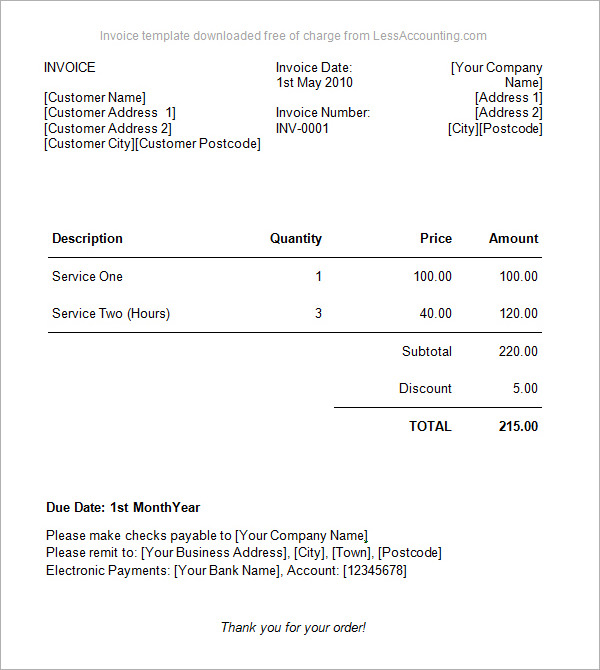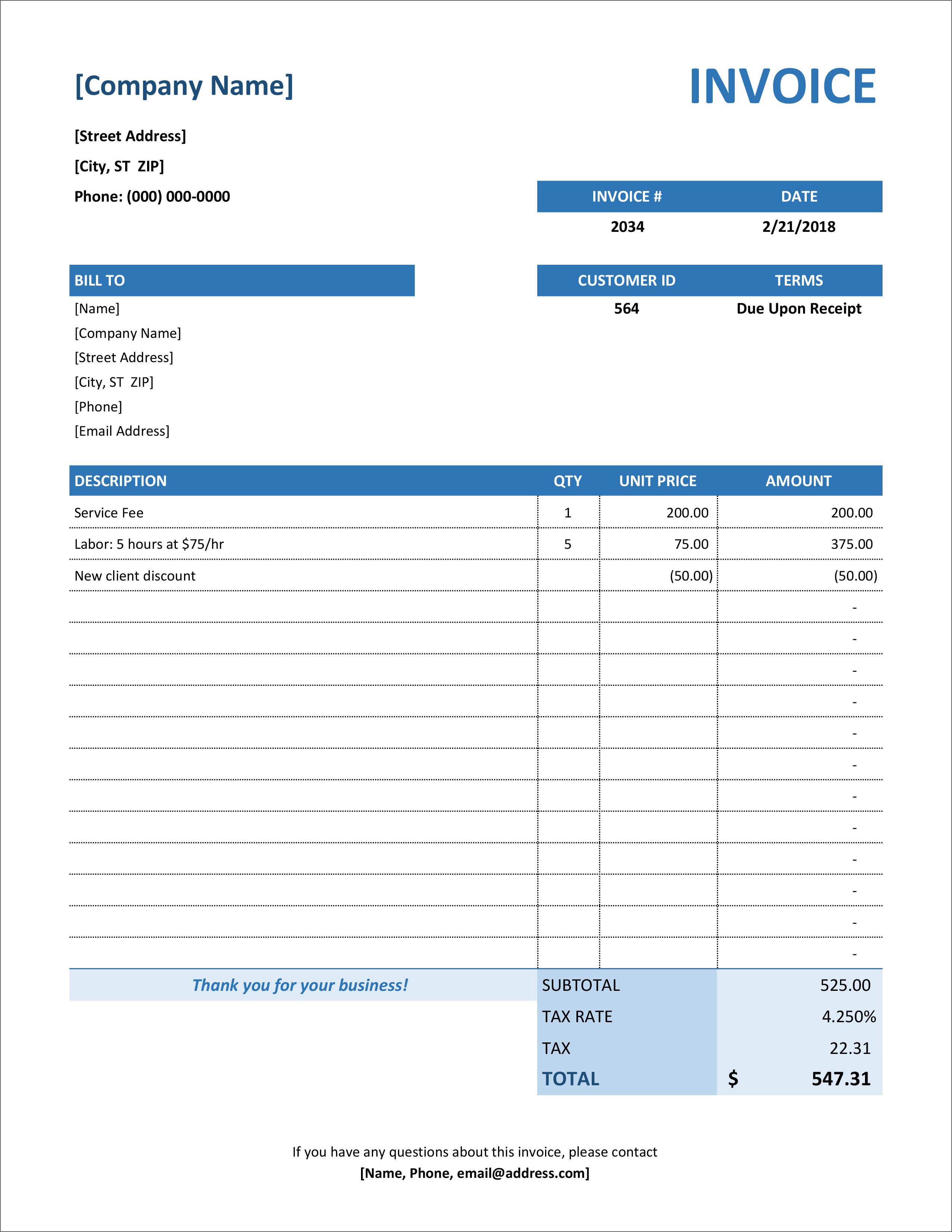

So much each year for health insurance premiums, prescriptions, deductible and other out-of-pocket expenses. When I retired, I was using my unreimbursed medical expenses to take substantial HSA distributions in lieu of Roth distributions to keep my ACA MAGI low. Who knows whether an individual will actually need this level of detail. You can both track the expenses and allocate expenses to qualified distributions. *This is why a spreadsheet can be such a valuable tool. Form 1040 and Schedule A if itemized deduction. EOB, only Form 1040 if standard deduction. Itemization of qualified distributions to 1, to verify an expense is not claimed more than once*.a receipt, cancelled check or (credit card, HSA or other financial statement that can be linked to 1). The only credit card receipts that I have seen that do this are for prescriptions or items indicated as FSA eligible (same as HSA). A receipt is only sufficient if it provides the necessary information. a bill describing product or service, EOB, or prescription. The creates the problems, not the spreadsheet and invoices. Once and never are in the regs if any review detects a suspicious transactions. Keep your paid invoices to back up your spreadsheet. Particularly with high deductible invoices running through the insurance plan and some potentially not being subject to deductible. You can’t prove that you don’t accidentally (or intentionally) use the invoice another time in the future.

Duplicate invoicing, disputes the get settled for less than the invoice (paid short), and proving “never” deducted (every tax return and detail if your ever take a medical expense deduction subsequently) can be interpreted as difficult if not impossible.

I inserted “once” and “never” to illustrate. I suggest you need the invoice to support the spreadsheet and would probably want to mark how it was paid (credit card receipt or check #). This whole discussion is problematic as you point out. Is the burden of proof on me or the IRS to prove the accuracy of my spreadsheet in the event of an audit?Spreadsheet needs to have backup, the invoice. What if I just had a spreadsheet keeping detailed track of all my expenses, and no actual receipts. I tend to take a more minimalist approach to record keeping and want the easiest solution. Sufficient can mean many different things I guess. How can I sufficiently document when I was covered under a high-deductible health plan? Should I request my insurer send me some kind of form stating that I and my family were covered under their high deductible health plan with start and end dates? Or is saving medical bills, receipts for OTC purchases along with credit card statements good enough? The EOB forms do not clearly state what type of health plan I have.
#Should i shread business billing invoices download#
Looking at my health insurer's web portal, I am able to download explanation of benefit (EOB) forms submitted by medical providers that billed my insurance company. The only thing I am worried about is whether the IRS will make a stink and say I did not prove I was covered under a high-deductible health plan the whole time. I believe this demonstrates that I used after-tax dollars to pay for health care expenses. Near or at retirement, I will take a distribution from my HSA to pay for all those old medical bills.įor each medical expense (doctor's bill, eligible, over-the-counter purchases), I save a copy of the receipt or bill along with the corresponding credit card statements from a personal credit card. I am electing to pay for my medical bills out-of-pocket using after-tax dollars while investing my HSA into Fidelity's zero total US stock market index fund.


 0 kommentar(er)
0 kommentar(er)
